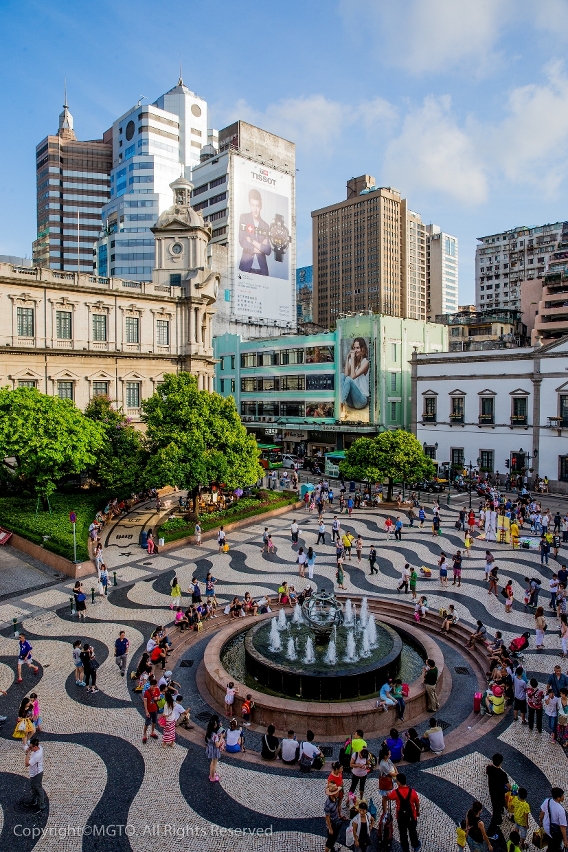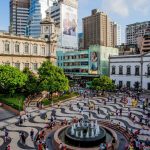 Different stakeholders expressed varying opinions regarding tourist tax imposition
Different stakeholders expressed varying opinions regarding tourist tax imposition
Macao Government Tourism Office (MGTO) has completed the Feasibility Study on Tourist Tax Imposition. The study findings revealed that there is a divergence of opinions among various stakeholders in the society.
The Special Administrative Region Government has embraced an open approach to the feasibility of imposing tourist tax. By conducting the Feasibility Study on Tourist Tax Imposition, MGTO sought to carry out a systematic collection of relevant opinions from more residents, visitors and members of the travel trade through a public opinion poll, besides conducting case studies on other countries and regions. The Office also reviewed local measures towards the destination’s tourism carrying capacity. The main objective is to provide study findings that can serve as scientific grounds for formulation of governmental policies.
MGTO collected approximately 14,900questionnaires. Among residents who completed the questionnaires, the ratio of supporters vs. opponents regarding tourist tax imposition is 95:5. Among industry interviewees, the ratio of supporters vs. opponents is 20:80. As for visitors, 50.6% of interviewees expressed that if Macao imposes tourist tax, their intention to visit Macao would be affected, whereas 25.2% of them expressed that it would depend on the actual situation before they could tell whether tourist tax imposition would affect their intention to visit Macao; only 24.2% of interviewed visitors expressed that tourist tax imposition would not affect their intention to visit Macao.
Summary of the study findings:
-
Most of the residents opted for tourist tax imposition whereas the trade opposed the idea. Visitors expressed that tax imposition would affect their intention to visit Macao;
-
Different places imposed tourist tax for different reasons which were not found to include the purpose of controlling the volume of visitor flows;
-
The findings of case studies revealed that tourist tax imposition might only lead to a slight slowdown in the growth of visitor arrivals in the early stage after the tax is imposed;
-
An analysis was conducted upon eleven improvement strategies proposed by the World Tourism Organization (UNWTO) to cope with overtourism. More cities adopted the strategies of “promoting the dispersal of visitors within the city and beyond” and “improving city infrastructure and facilities”;
-
A larger number of visitors arrive at Macao by land, which poses a challenge against tax imposition due to complicated administrative formalities;
-
Tax imposition may lower visitors’ interest in visiting Macao and counter Macao’s integration with the Greater Bay Area development.
Opinions about the amount of tourist tax:
Among residents who opted for tourist tax imposition, 32.2% of them expressed that the amount of tourist tax should be set between 100 – 199 patacas, while 21.9% of them expressed that the amount of tourist tax should be set between 0 – 99 patacas.
In addition, a greater proportion (30.5%) of the visitors expressed that tourist tax between the amount of 0 – 99 patacas would already affect their intention to visit Macao; while 26.4% of them expressed that imposition of tourist tax between the amount of 100 – 199 patacas would affect their intention to visit Macao.
MGTO has submitted the elaborate analysis report for superiors’ perusal so that the SAR Government can conduct a comprehensive analysis and scrupulously consider a range of factors such as the economy, destination image and the overall policies of the Greater Bay Area before formulating related policies.


